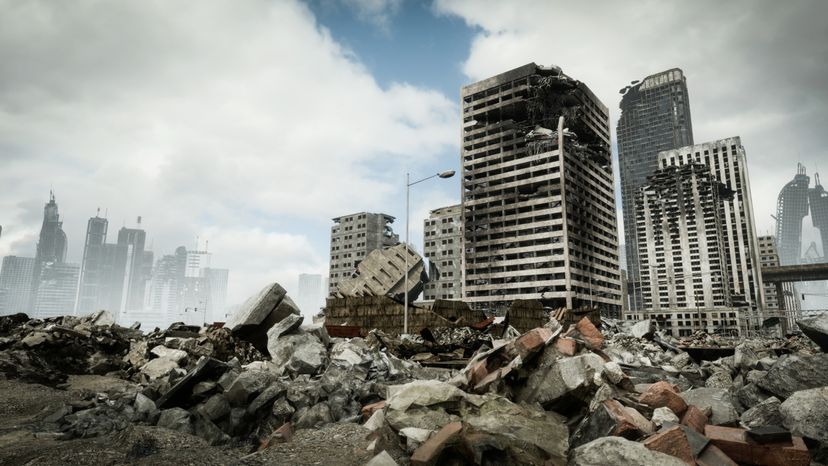
If you were to check your person right now, Chances are, you might have some silly colored paper with dead world leaders on it, and maybe some circular pieces of semi-precious metal. Unfortunately those probably won’t get you very far after society collapses and the world reverts back to a barter economy where gold and silver become nothing more than useless shiny metal paperweights. But what will become the common currency in this unsettling new world? We’ve compiled a helpful list to help identify some of the prospects.
Advertisement